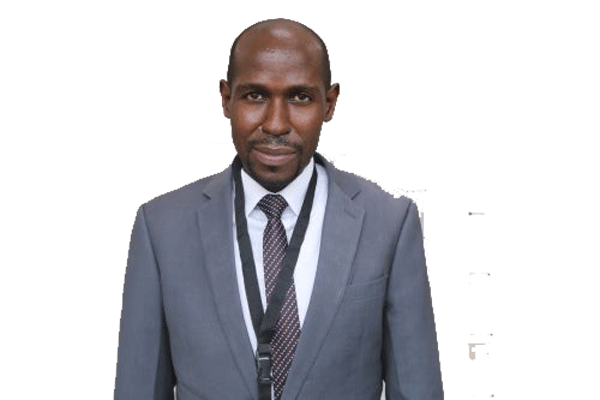Prime
Why NHIS should be mandatory for all

Author: Alhaj Kaddunabbi Ibrahim Lubega. PHOTO/FILE
What you need to know:
- ...the best option is to ensure that everyone contributes directly or indirectly.
Reference is made to an article titled “Exclude the poor from health insurance contributions – experts” that was published in the Monitor on August 15, 2023, on page 8.
In the article, the writer quotes Dr Githinji Gitahi, the chief executive officer of Amref Health Africa, saying government should consider excluding the poor from contributing towards the proposed National Health Insurance Scheme (NHIS) to achieve universal health coverage.
He goes on to say village health teams and local administration should work with government to identify people who can hardly afford the proposed annual contribution of Shs15,000 towards the scheme to have them excluded from contributing.
I would, however, want to throw some light on a few things but before doing so, we all need to first of all commend the Government for this initiative (NHIS), which will provide access to quality and affordable health services for all residents of Uganda, based on their health needs.
While I agree with Dr Gitahi that indeed there are people in the country who are impoverished. I also know this category of Ugandans who need medical attention more than any other.
We must appreciate that the major aim of the NHIS is to protect Ugandans from unexpected and high medical out-of-pocket costs by giving them an opportunity to pay very affordable premiums and get treatment based on a basic cover, with the maximum limit for inpatient services being Shs5 million, while the outpatient limit is Shs1million. Similary, the dental services limit is Shs300,000, maternity (C-section) Shs1.5 million while maternity (normal delivery) is Shs900,000.
We all know that access to quality health care remains a big challenge for many residents in Uganda, especially in rural areas and the urban poor. The majority are struggling with high out-of-pocket health expenditures, which have deprived many of access to quality health care services. Some even consider selling their assets to raise funds for treatment.
According to the World Health Organisation Global Health Expenditure database, the out-of-pocket expenditure in Uganda was estimated at 37.45 percent in 2020, which is higher than the global average of 18 percent. In Kenya, the out-of-pocket expenditure is estimated at 24.06 percent, Tanzania at 23.10 percent and Rwanda at 11.7 percent.
We can examine several options for ensuring all Ugandans, including the poor conveniently contribute towards NHIS to ensure the premiums collected are sufficient to cover the claims that will be generated by universal coverage of all people in Uganda.
So, the best option is to ensure everyone contributes directly or indirectly. Government and development partners may contribute for the poor and indigents. This would easily scale up health coverage and enable universal and equitable health care for all.
It is important to note that excluding the poor from contributing to the scheme would either create a heavy burden on other population groups in terms of higher contributions to subsidize for the poor or would create an unsustainable scheme in the long run as funds/contributions may not be sufficient, which is against the known insurance principles.
Important to note is that NHIS is providing only a basic cover. Specialised medical services will be done outside NHIS. Therefore, this scheme is designed for the ordinary Ugandans, including the poor. We, therefore, recommend that either the government or donor agencies contribute for the poor /indigents.
As the Insurance Regulatory Authority of Uganda, we are ready to ensure effective sensitisation to drive acceptance and ensure effective rollout, implementation and supervision of the scheme to support it to achieve the intended purpose.
Alhaj Kaddunabbi Ibrahim Lubega is the chief executive officer of the Insurance Regulatory Authority of Uganda.




